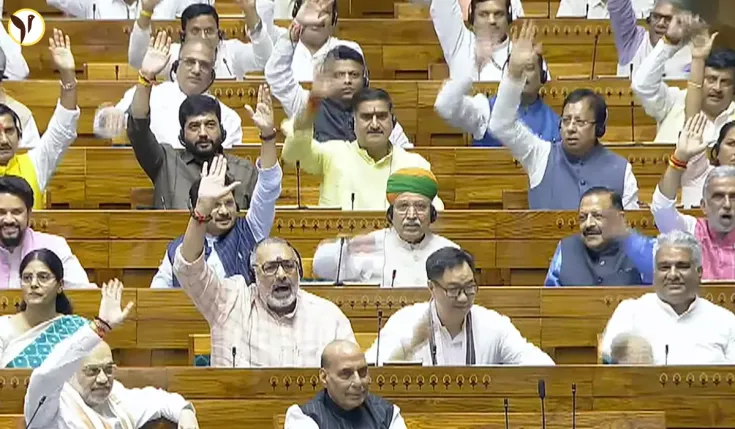Waqf Amendment Bill 2025: A Heated Debate in Indian Parliament
On April 2nd, 2025, India's Lok Sabha witnessed a fiery debate surrounding the Waqf Amendment Bill, 2025. This bill, aiming to reform the management of Waqf properties, sparked significant controversy, pitting the ruling BJP against the opposition INDIA bloc. The debate highlighted concerns about transparency, corruption, and the bill's potential impact on Muslim communities.
Key Arguments For and Against the Bill
Supporters, including BJP leader Anurag Thakur, argued the bill is not anti-religious but rather targets corruption within Waqf boards. Thakur claimed the bill would benefit poor Muslims and accused the Congress of appeasement politics. He cited examples of Waqf management in other countries, suggesting the bill aligns with international best practices. The National Commission for Minorities (NCM) chairman, Iqbal Singh Lalpura, also voiced support, emphasizing the bill's aim to improve the use of Waqf properties for the needy. Minister Kiren Rijiju highlighted the extensive consultation process involving a Joint Parliamentary Committee (JPC) which received over 97 lakh petitions and memorandums.
Conversely, the opposition strongly condemned the bill, with some MPs calling it unconstitutional and a violation of the right to manage religious affairs. AIMIM's Waris Pathan criticized the bill's lack of Muslim support and questioned the government's insistence on its passage. Congress MP KC Venugopal accused the government of bulldozing the legislation without sufficient time for amendments. Concerns were raised about the bill’s potential impact on the autonomy of religious communities and the potential for misuse of power.
The Bill's Proposed Changes
The Waqf Amendment Bill, 2025, seeks to improve the administration of Waqf properties through increased transparency and efficiency. Key proposed changes include technology-driven management, streamlined registration processes, and a revised dispute resolution mechanism. The bill aims to address historical issues of mismanagement and corruption, ensuring Waqf properties are used for their intended charitable purposes.
Looking Ahead
The Waqf Amendment Bill's passage through both houses of Parliament remains uncertain. While the BJP-led NDA holds a majority, the opposition's unified stance poses a challenge. The coming days will be crucial in determining the bill's fate and its long-term impact on Waqf management and religious communities in India. Further updates will be provided as the situation unfolds.






